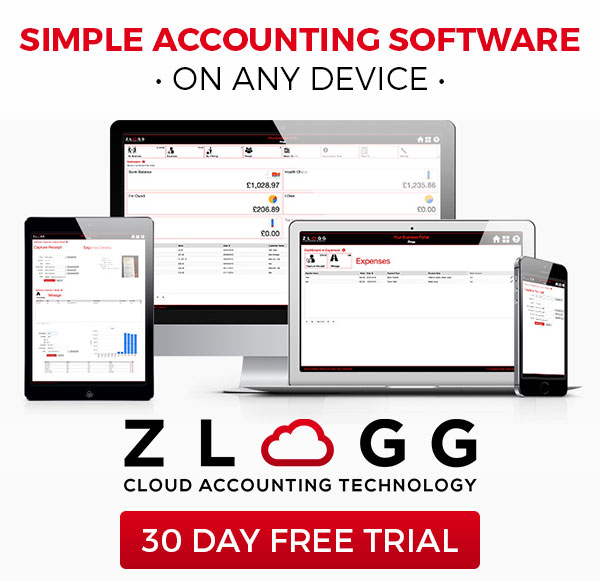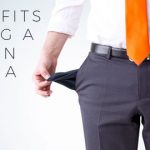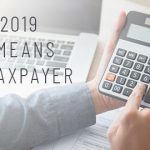Tax Relief for Self-Employed Pensions
Many self-employed people worry about the future and will have setup a pension scheme to ensure they have some money put aside when the day comes that they decide to retire. However many people are unsure of exactly how they gain tax-relief on the amount of money they put into their pension pot, so in this article I’m just going to explain how tax relief works for self-employed pensions for a basic-rate tax payer (which is the majority of people, if you’re unsure just check your most recent tax-return to ensure you’re not on a ‘higher-rate’ which has different regulations).
So the burning question is this “how do I claim for tax relief on my pension contributions?” well the answer is…you don’t!
As a self-employed person you’ll be used to the process of ‘claiming’ for your work expenses – so you’d keep the receipt for the expense and then claim that amount within your end of year tax return. However tax relief on pension contributions works very differently.
Almost every pension works on a basis of ’Relief at Source’ which simply means that a basic rate (which is 20% as of September 2018) is automatically added to your pension contribution by the government every-time you pay into your pension pot. So you don’t actually have to do anything, this is all automatically paid in via the government whenever you pay a pension contribution.
So for example if you pay £100 each month into your pension then the government adds 20% (£20 in this scenario) to your pension pot each month. Again just to reiterate, this is done automatically so there’s nothing you need to do.
However with all tax-relief systems there are some restrictions and these fall into two categories so please bear these in mind:
You have an ‘annual allowance’ each year of £40,000 – meaning the government will only pay that basic rate on pension contributions up to the value of £40,000 per year – they will not pay a penny more if you contribute more than £40,000 per year into your pension pot. Please note this is the current allowance as of September 2018.
The tax relief is capped at 100% of your annual earnings – meaning the government won’t pay the basic rate tax-relief on any amount that is higher than how much your business made in one year – for example if you made £30,000 in one year but payed £35,000 into your pension then the government will only pay the basic rate on £30,000 – the amount you made in one year.
Apart from those two stipulations, your pension pot will automatically be ‘topped up’ at the basic rate every time you pay in. You don’t need to worry about doing anything, the government will pay this automatically.














Share On